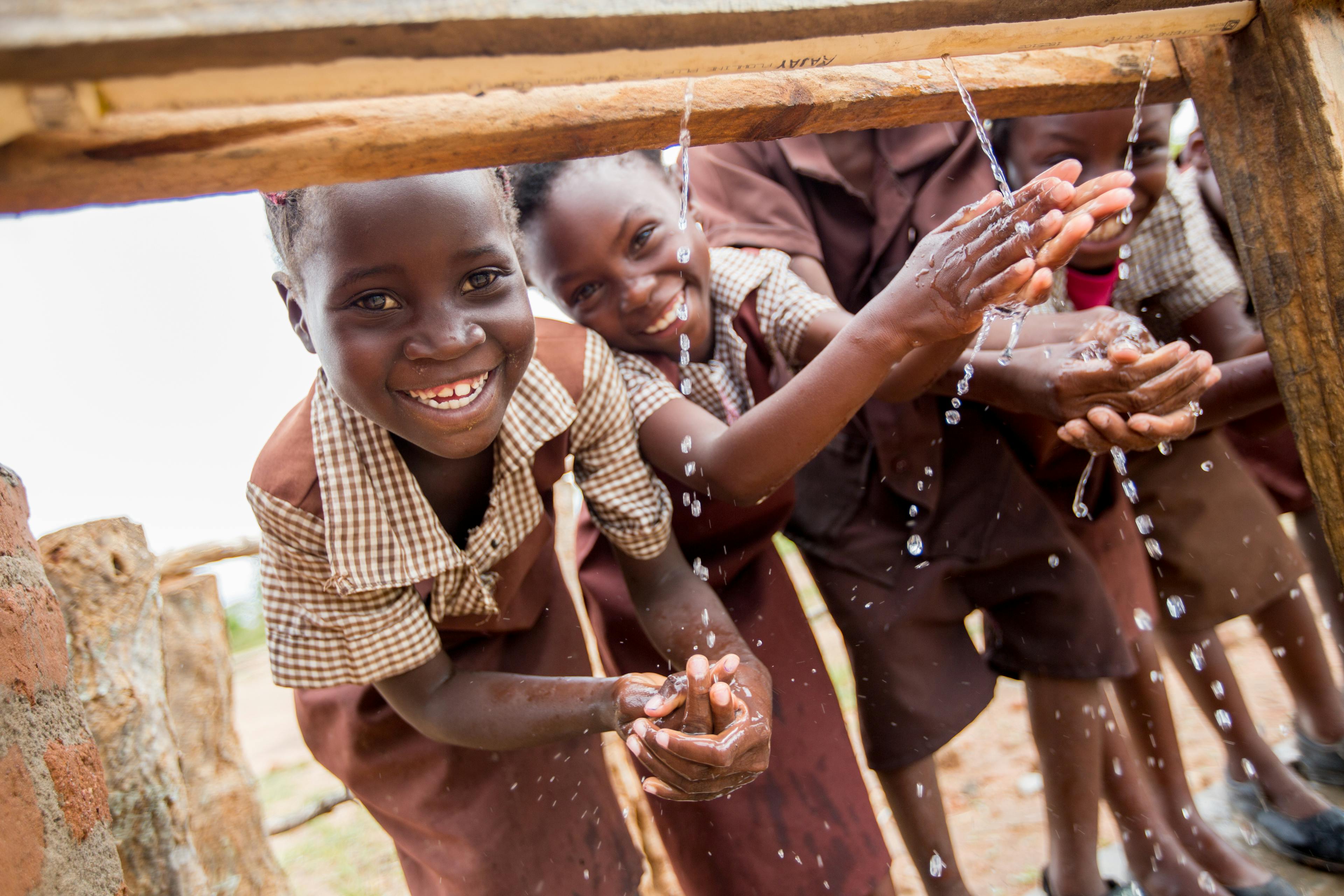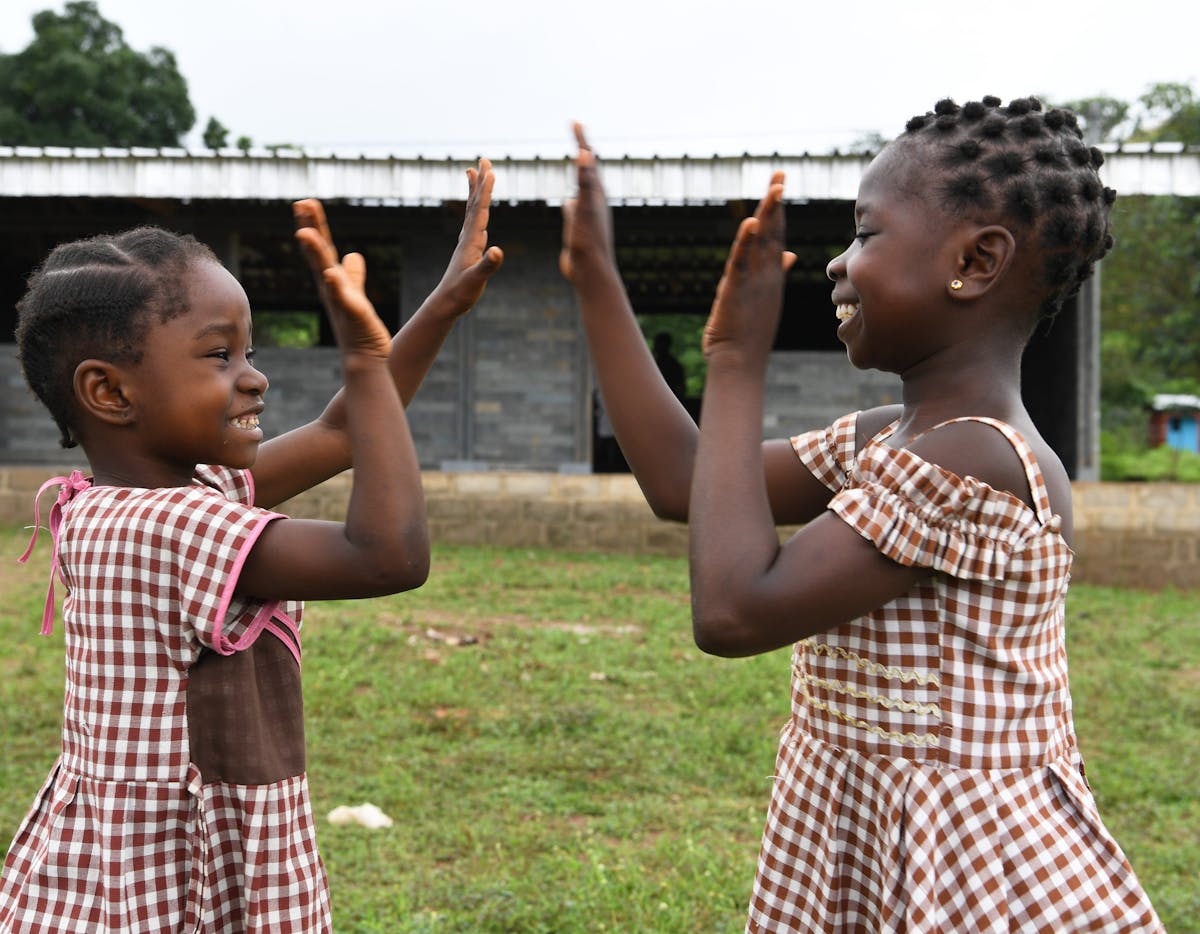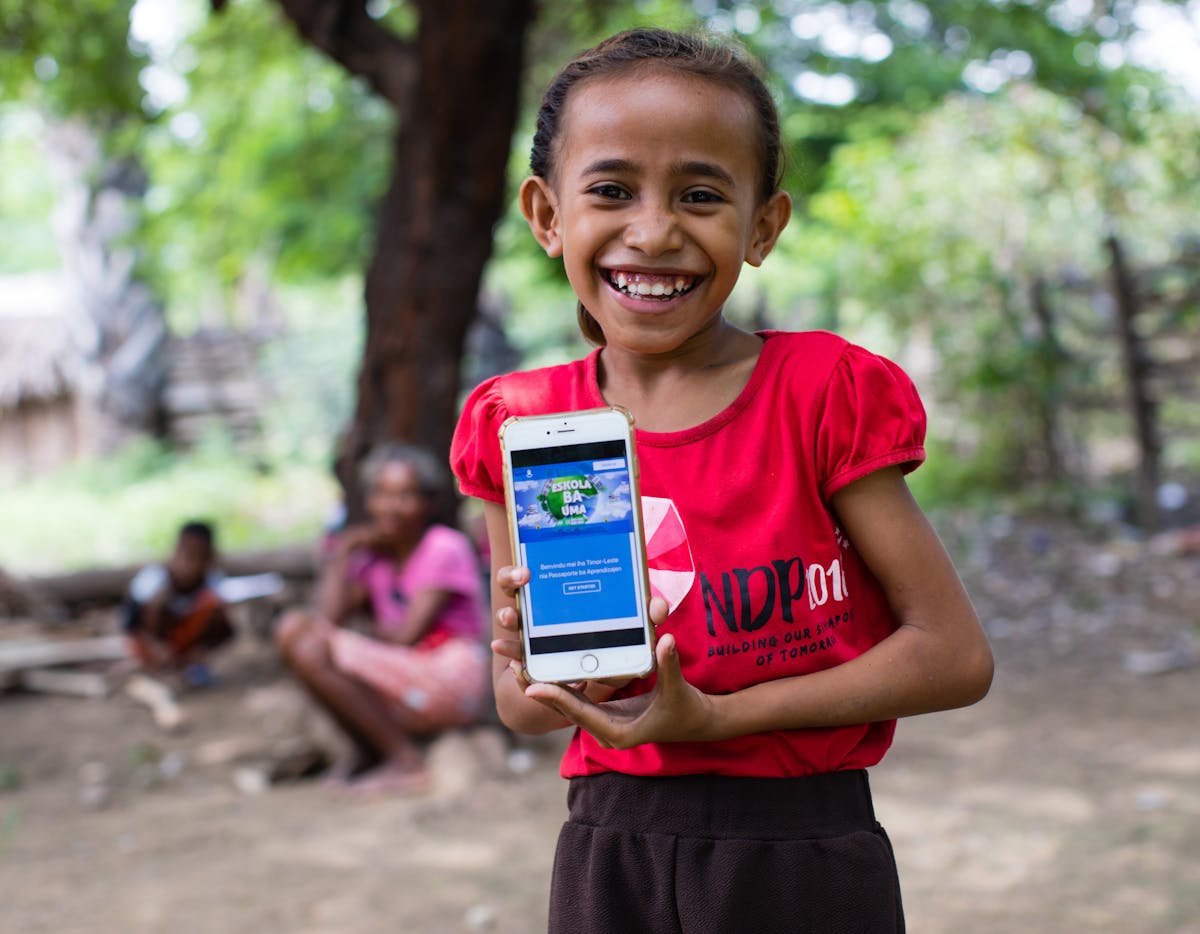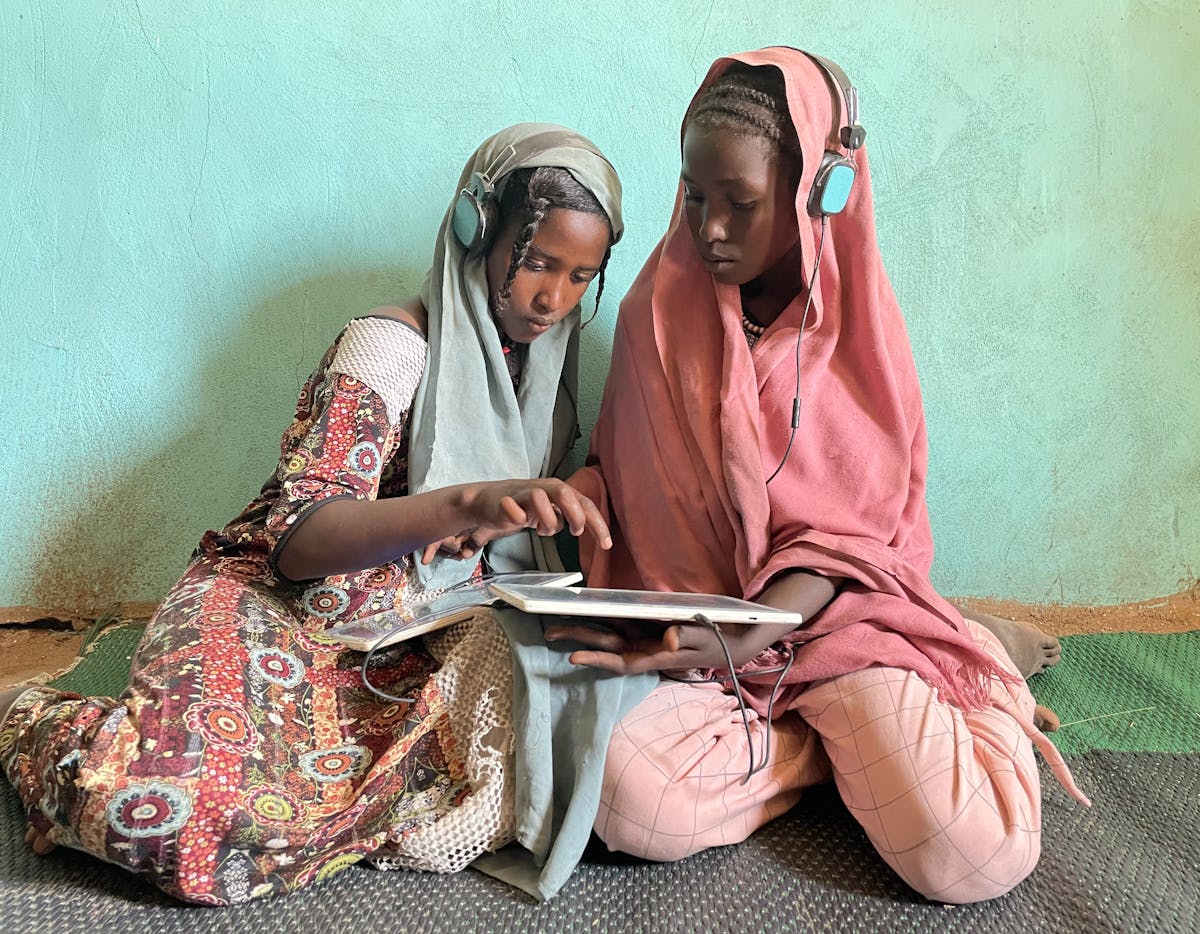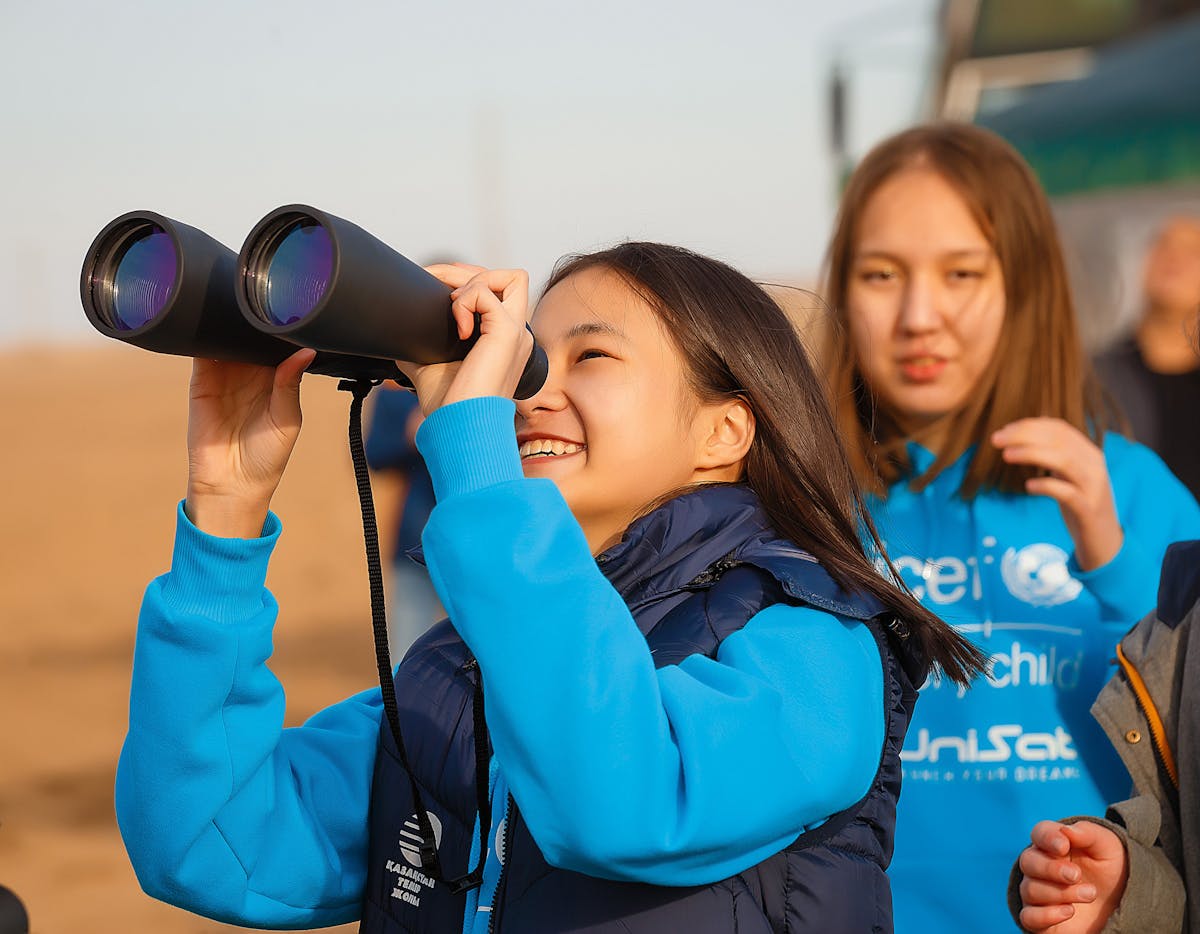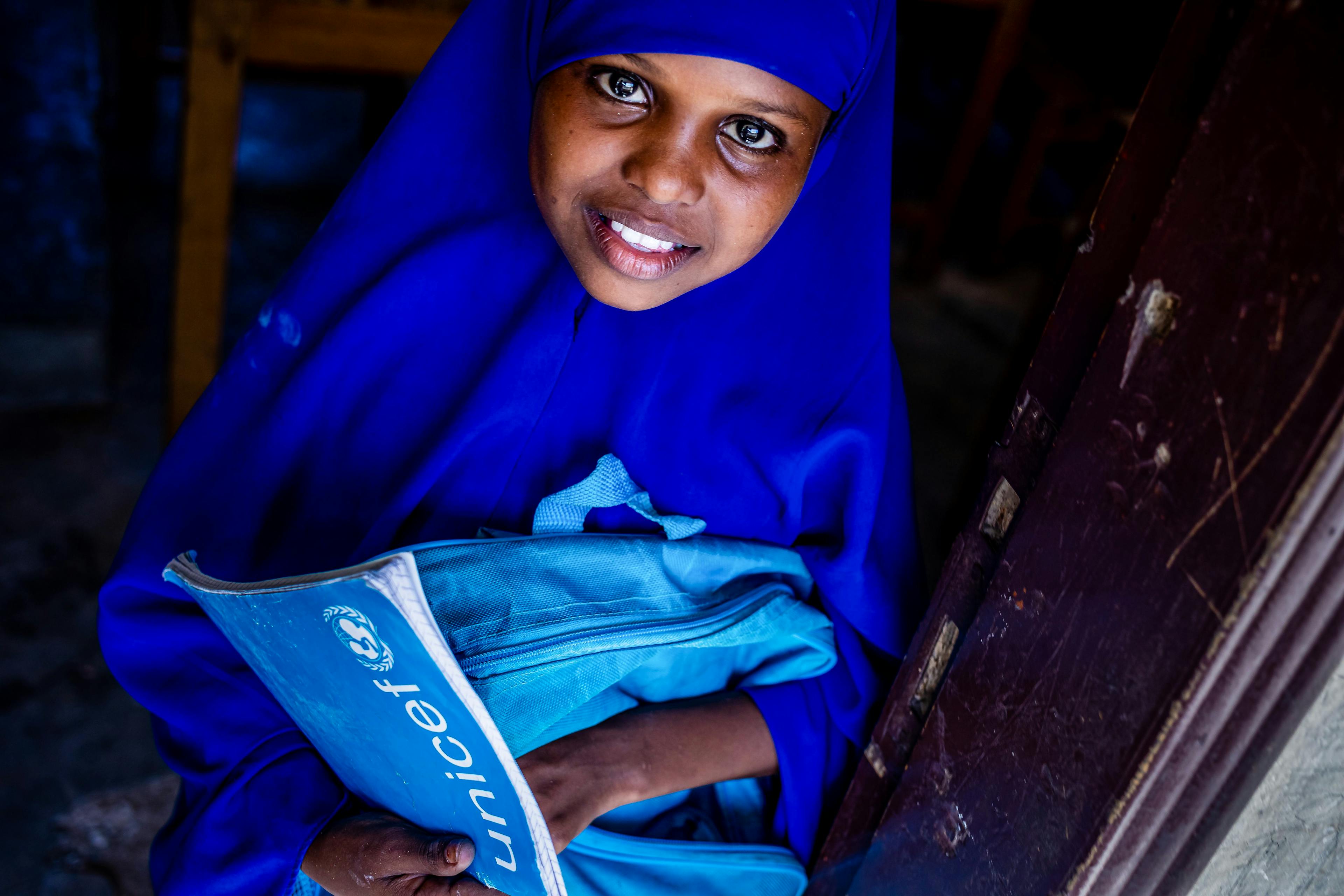
Education
Home
Our Work
Education
Strengthening a foundation of learning for every child, everywhere!
Poverty, emergency, location or gender; nothing should stop a child's education.
From preschool to high school, we're building stimulating learning environments at every stage and in every part of the world.
It's not just providing the tools, it's also helping to inspire every young child, so they can shape their own future filled with endless possibilities.
43
countries
used ‘Learning Passport’ in 2024 so kids could learn remotely and during emergencies.
37.7
million
children and young people accessed education in 2023.
438,064
kids with disabilities reached with assistive supplies for inclusive education in 2024.
How your donations help
From newborn to the everlasting energy of an eight year old, this period is the most influential stage of a child's development.
There’s nothing high tech that a young mind needs. In fact, it’s something simple, spontaneous and so special.
It’s the art of play. Play is how kids learn to navigate the world, build their imagination, knowledge and social skills.
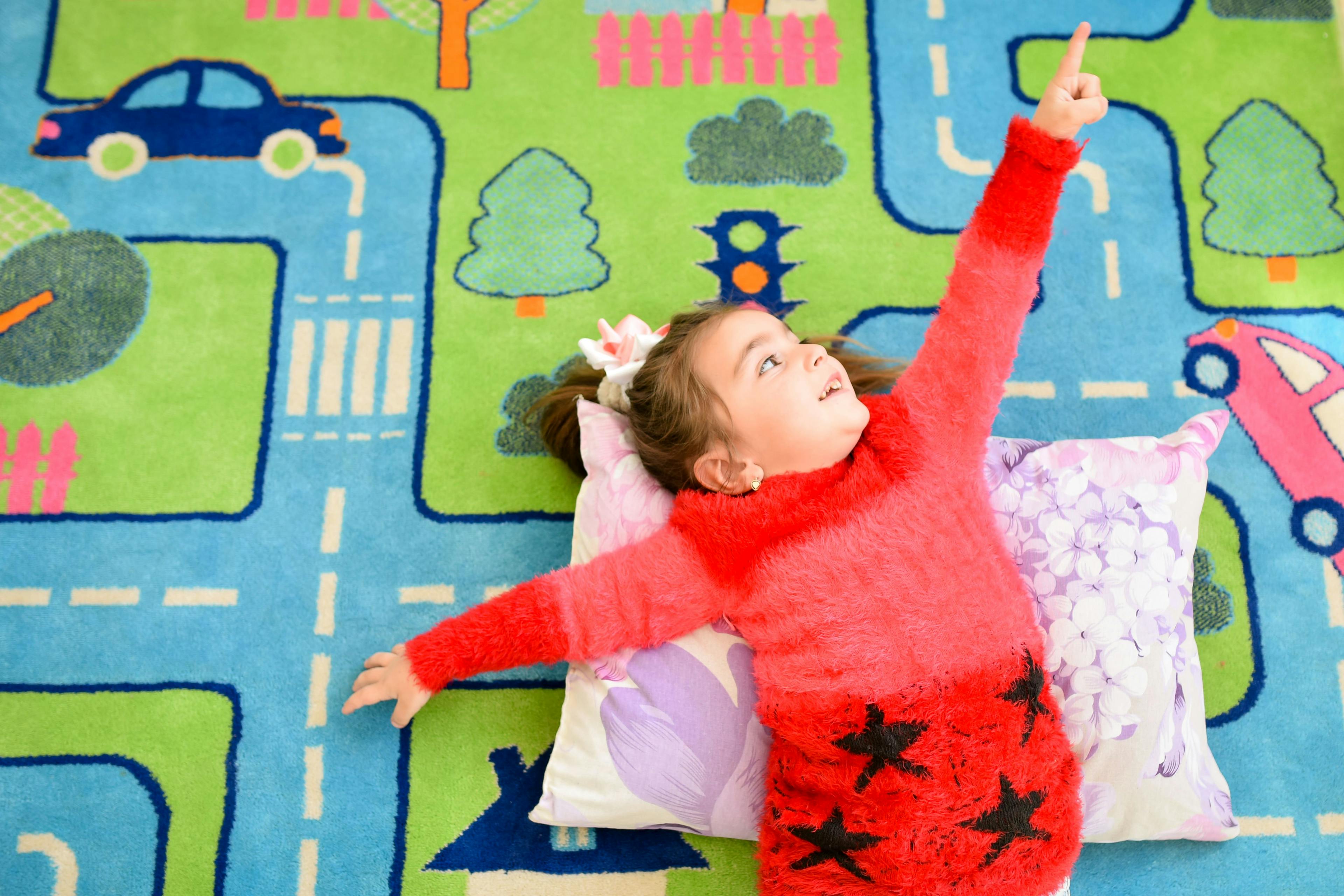
UN0366653
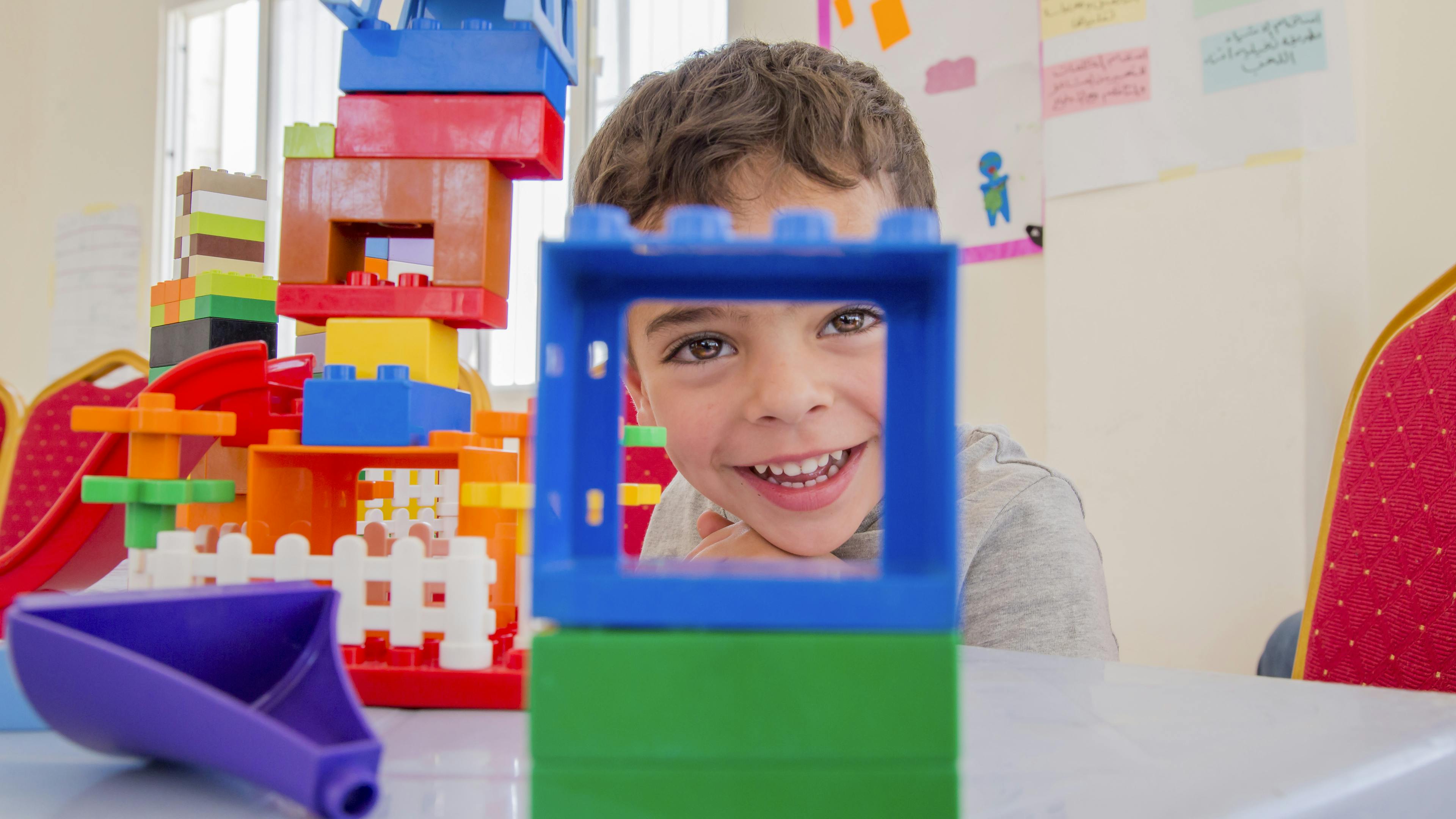
UN0218768
Anywhere can be a play space, but it’s not just for kids!
All around the world, UNICEF provides workshops to equip parents and caregivers with the skills needed to engage in playful parenting.
Four year old Taym takes part in one of these classes in Irbid.
Painting a productive play experience is the key to quality early childhood education. It’s not just fun – it’s fundamental to a child’s development!
Unlocking potential in the Pacific
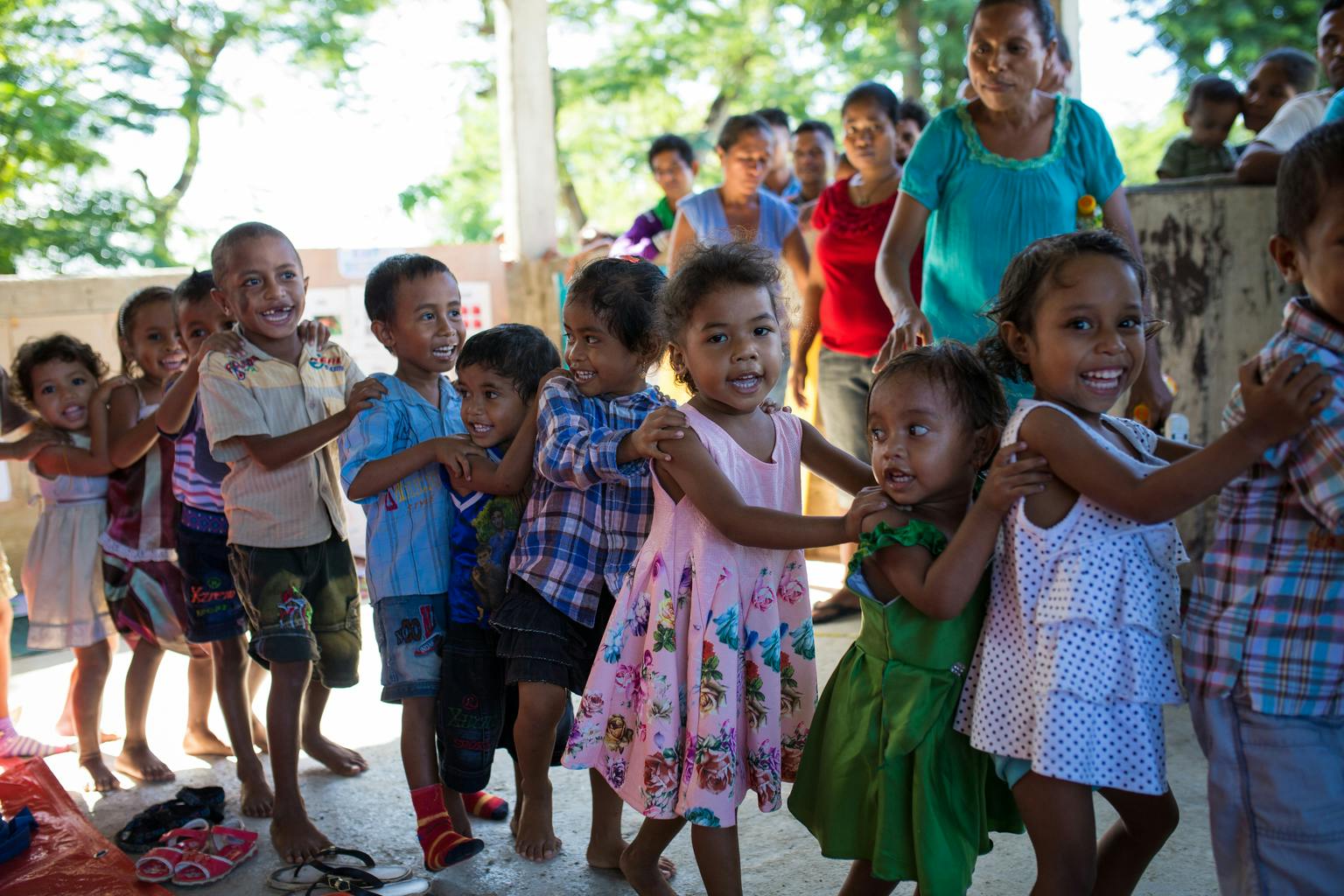
UN067594
In Kiribati, 70% of children regularly miss preschool. We’re giving them the opportunity to reach their full potential by implementing a fun, culturally inclusive curriculum. Supported by the New Zealand Aid Programme; the Kiribati government, donors and local agencies are all involved to help create just that!
Reading is a great tool to untap that potential. To enhance these young minds in Kiribati, UNICEF has consulted with key early childhood partners and sourced local artists to create eight illustrated storybooks. These books are culturally relevant, age-appropriate and inclusive to help young children absorb their culture and traditions, while fostering a love for reading.
Brick by brick we're building brighter futures for kids all over the Pacific.
In Timor-Leste, the New Zealand Aid Programme and UNICEF are working with 104 pre-schools to implement play based learning. Laying the foundations of numeracy, literacy and building on the essential social skills needed to grow.
Helping 3,000 kids soar to new heights!
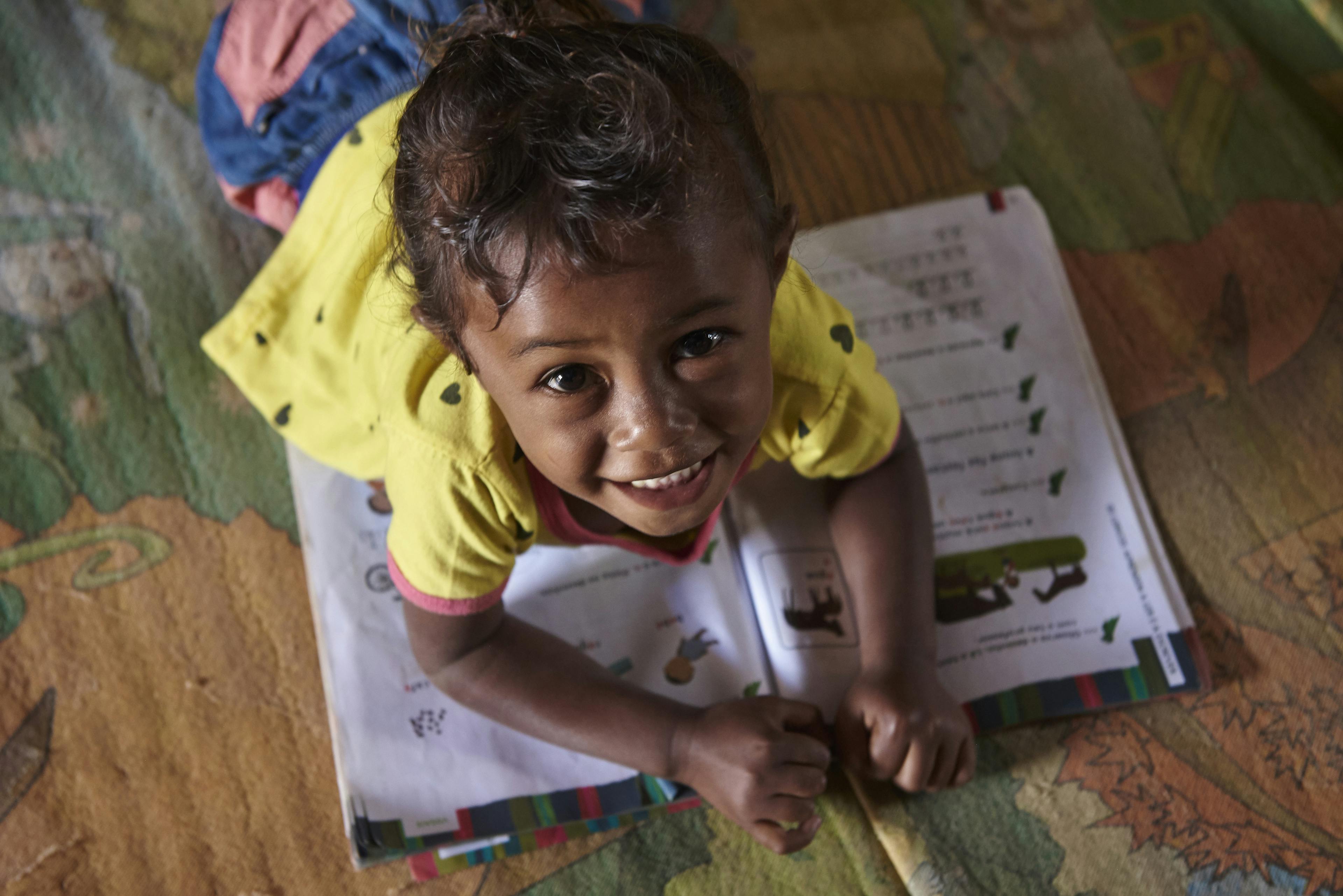
UN0252624
The future is looking
even brighter for kids
At UNICEF, we’re always trying to create innovative solutions for the learning hurdles young kids face. We’re not just building physical schools, we're creating an environment fit for every child.
"The UniSat programme is an opportunity to boost girls’ interest in aerospace careers and children’s overall interest in space throughout the country and beyond.”
—Raushan Ibrasheva, Innovation Officer, UNICEF Kazakhstan
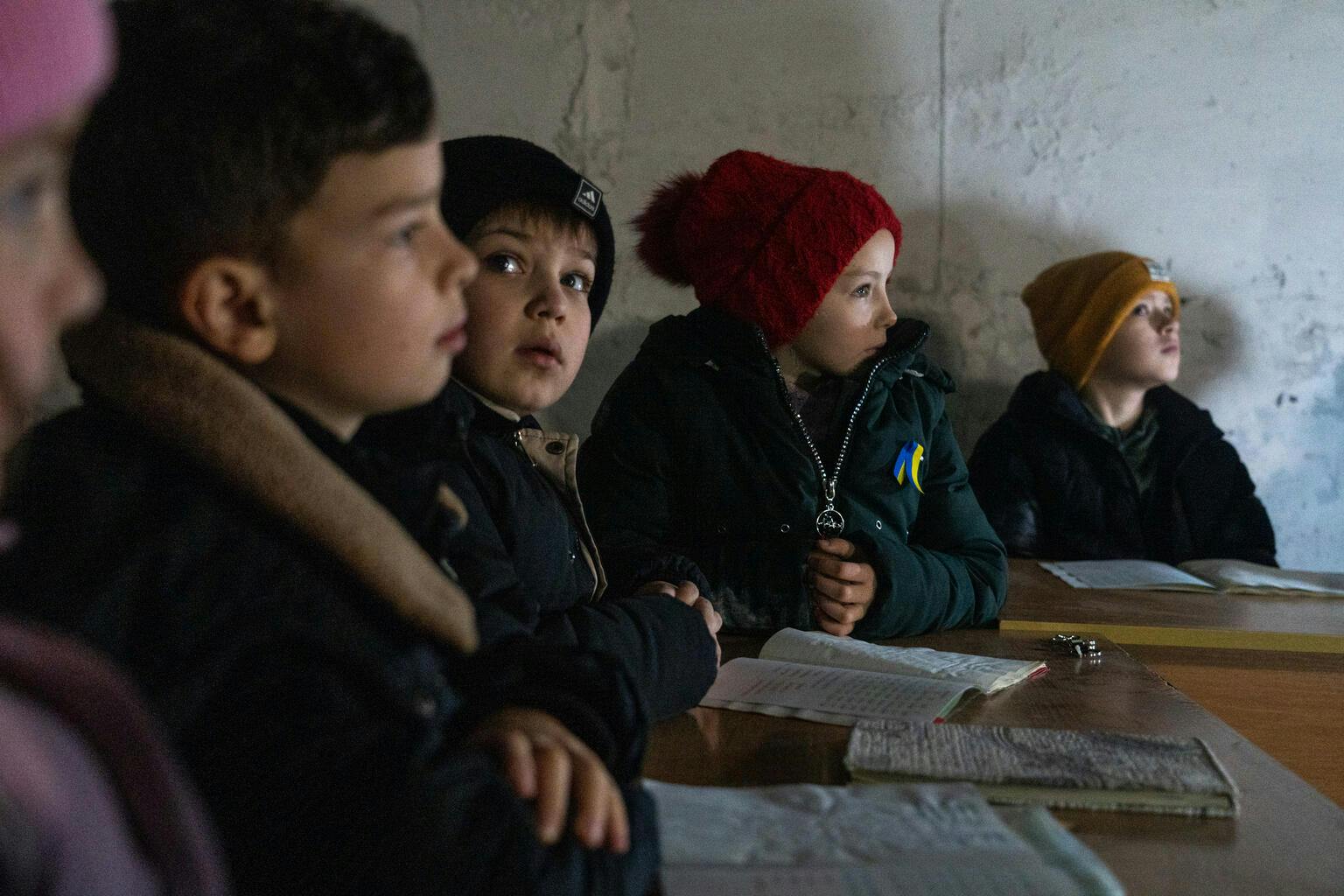
UN0778556
Schools are lifelines
They’re a safe space, that provide routine, stability, connection with friends and protection from harm.
So when a crisis strikes you can’t postpone a child’s education. There is no pause button, only a future that could be lost forever. It’s critical that every child can safely learn and thrive. The war in Ukraine has had a devastating impact on more than five million school aged children.
We've been in Ukraine for decades and were ready to respond, helping 3 million kids feel connected again with an online education curriculum and providing generators to keep school spaces running. Our priority is to foster a safe place for healing, normalcy and hope for kids.
Education for every child
A fresh chapter starts when you have the freedom to continue to write your own story.
Afghanistan has taken a tragic step backwards for women’s rights, withholding the most powerful weapon of all, an education. From March 15 2021, young girls in grade 7-12 are banned from attending school. A devastating development for 13 year old Arezzo, who hopes to one day become a pilot.
We’re committed to keeping schools open for high school aged girls by providing 38 million textbooks, training 1,200 female teachers and expanding our 10,000 community-based education classes. Every young girl deserves to take ownership of their own story and empower themselves to take on the world.
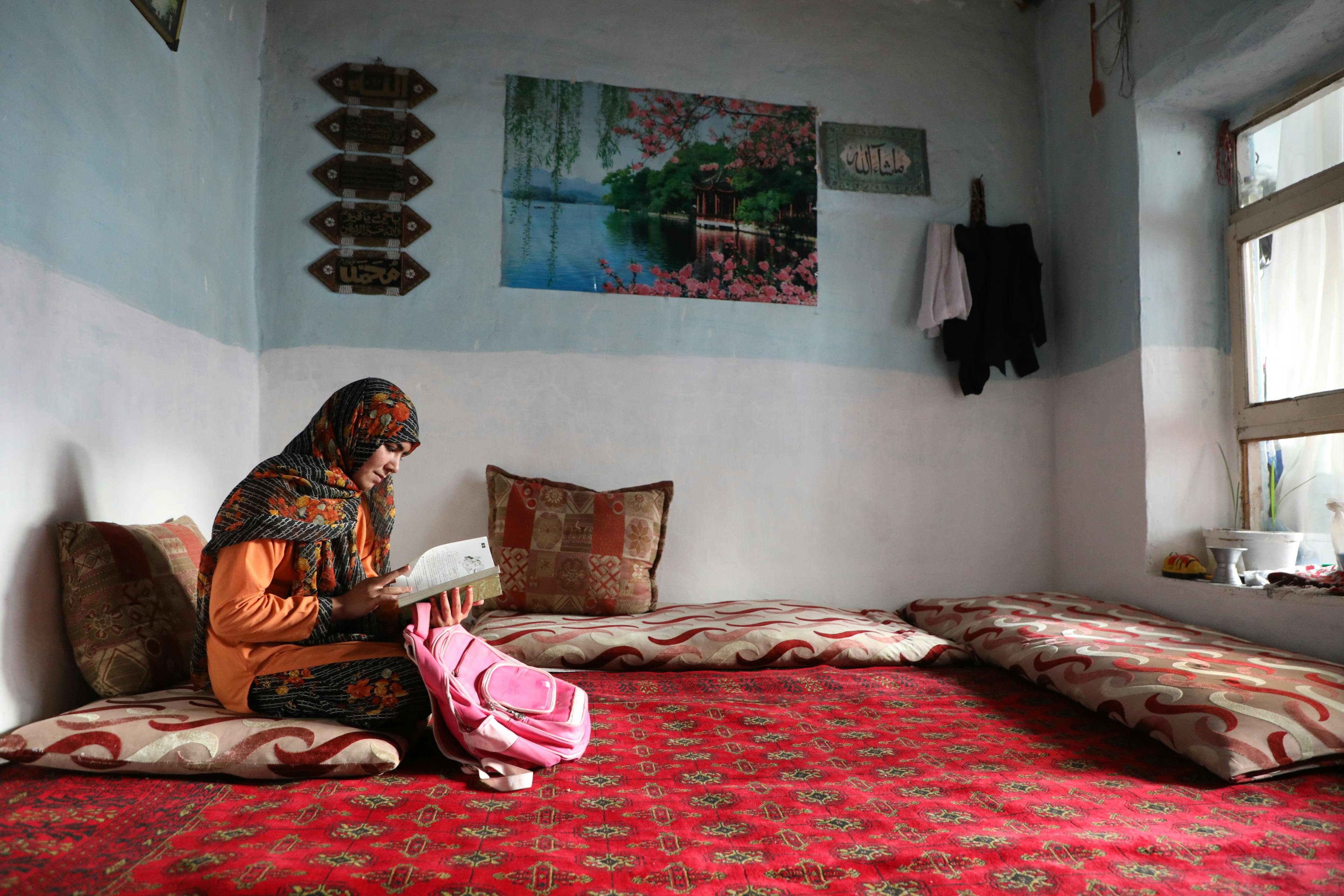
UN0627067
“UNICEF wants to see every girl and boy across Afghanistan in school and learning...We will not stop advocating until that goal is achieved. Not only is education a right for every child, it is the foundation for future growth in Afghanistan.”
—UNICEF Afghanistan Representative, Dr. Mohamed Ayoya
Read more about our Education
work around the globe!
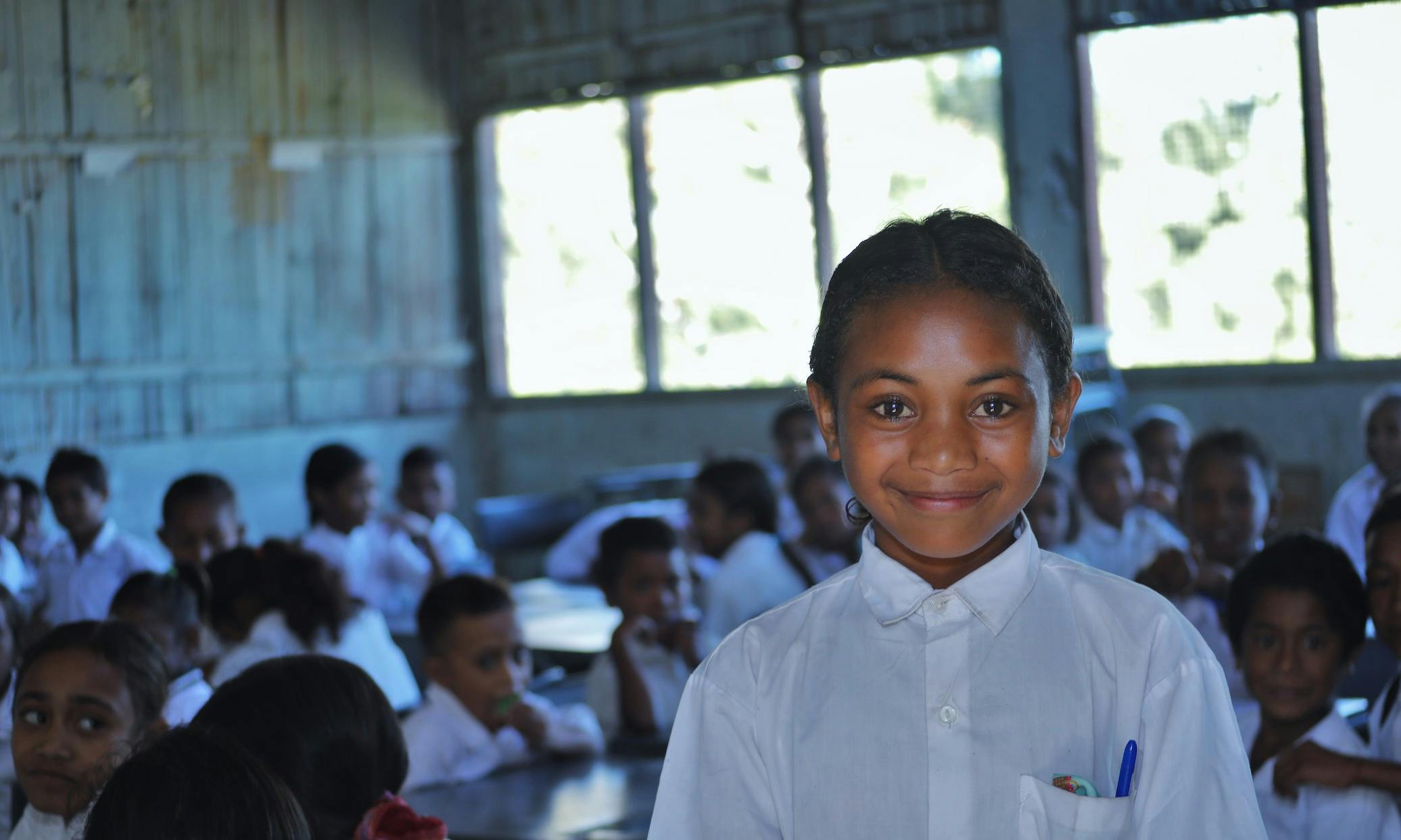
Getting School Ready In Timor-Leste
UNICEF Aotearoa in partnership with MFAT has been working in Timor-Leste since 2008 to improve health, sanitation, and education outcomes. We're strengthening early education to prepare kids for school.
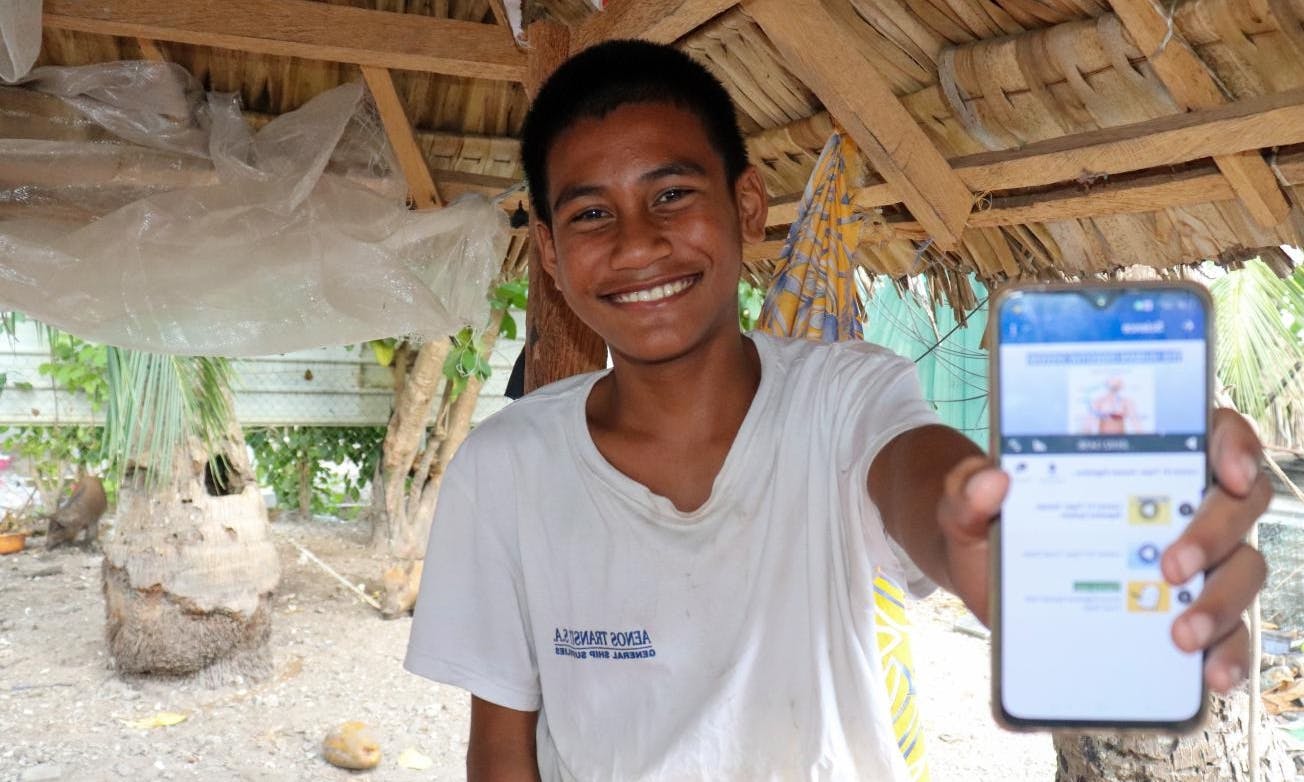
No Wi-Fi? No Worries!
The Learning Passport is a digital learning platform that gives young kids app or browser-based school classes without always having to be connected to the internet.
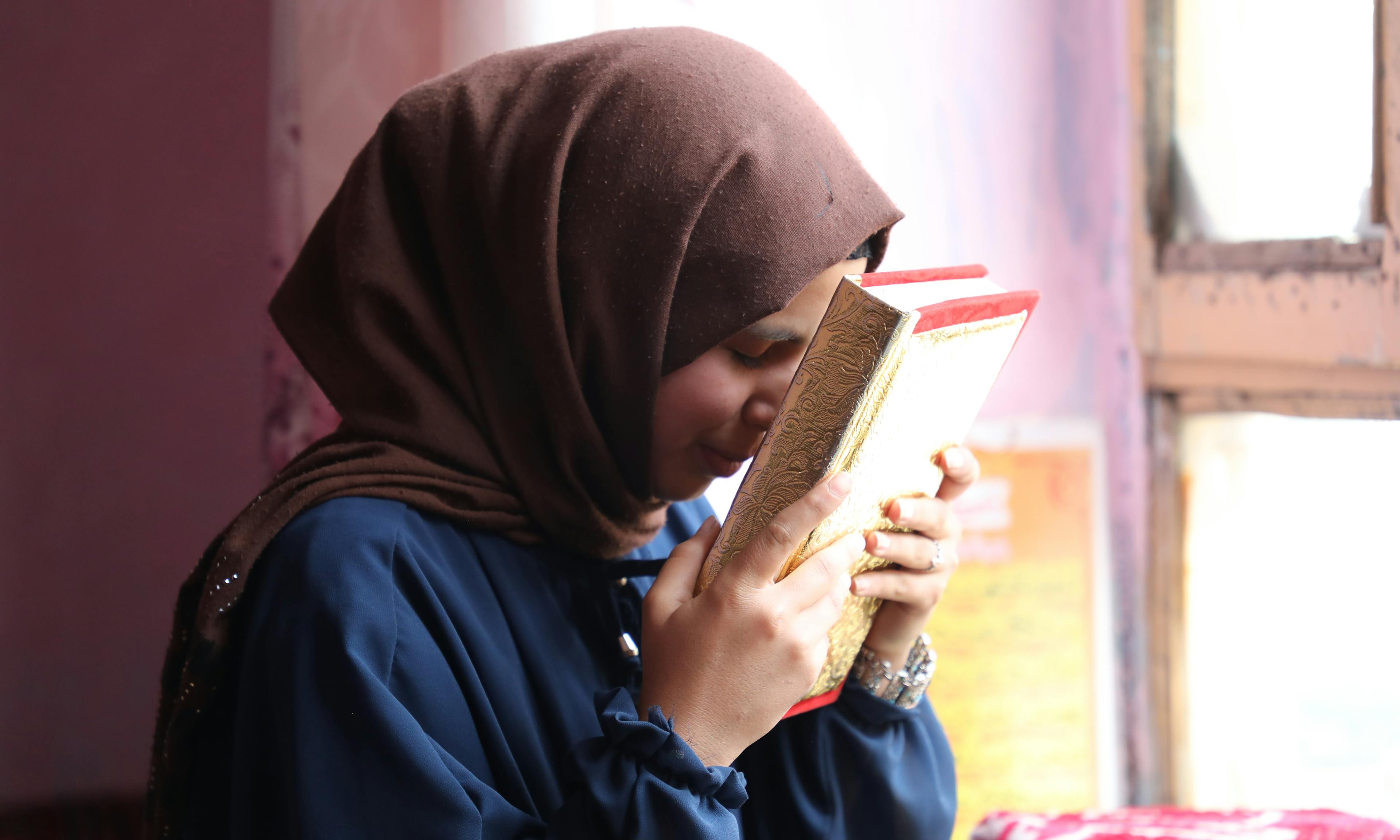
Depriving girls of secondary education translates to a loss of at least US$500 million for Afghan economy in last 12 months
New analysis by UNICEF has found that depriving girls in Afghanistan of their right to secondary education will have a devastating effect on the country’s economy.
